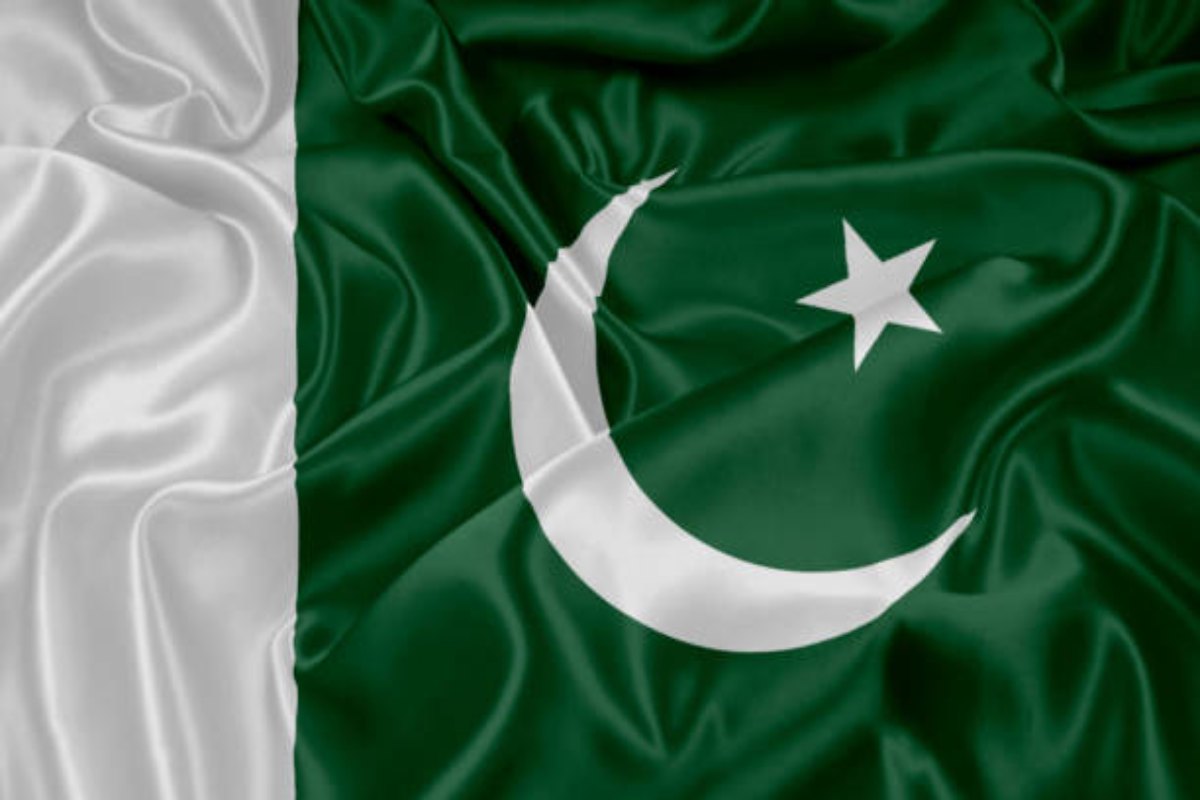Cong defeated ‘Bangladesh’ in semis, will rout ‘Pakistan’ in finals: Reddy
Reddy was addressing a meeting of the Congress social media team and took digs at both the BJP and the BRS.
The election campaign in Pakistan came to an end on Tuesday as the country’s election commission issued an advisory restraining all political parties and candidates from electioneering for the polls on Thursday, Dawn reported.

[Representational Photo : iStock]
The election campaign in Pakistan came to an end on Tuesday as the country’s election commission issued an advisory restraining all political parties and candidates from electioneering for the polls on Thursday, Dawn reported.
The last day of the campaign trail took Pakistan People’s Party (PPP) Chairperson Bilawal Bhutto Zardari to Larkana, home to the Bhutto political dynasty, whereas Pakistan Muslim League (N) supreme leader Nawaz Sharif chose Kasur, the constituency of his younger brother Shehbaz Sharif to end their political campaign on a high note.
Sharif was also supposed to speak at a rally in Lahore, but it was cancelled, according to Dawn.
The situation was, however, different for the Pakistan Tehreek-e-Insaf (PTI). On one hand, the party was denied of its iconic election symbol ‘bat’, on the other party founder Imran Khan remains in jail facing scores of charges.
The electoral body in a statement asked all candidates and their parties to comply with Section 182 of the Elections Act. Section 182 reads that no person is allowed to participate in any public meeting, procession, corner meeting or any such political activity after Tuesday night.
Advertisement
“Legal action will be taken against any person who violates the above-mentioned provision of the law. Following the start of the pre-election silence period, election campaigns, advertisements, and other written materials on electronic and print media in support or opposition of a particular political party or candidate were not allowed,” the Election Commission of Pakistan (ECP) said.
The law also bars poll surveys in the media until the completion of the election process. However, the watchdog allowed the media to broadcast the poll results one hour after the end of the polling, but with a clear indication that these results were inconclusive and unofficial, as per Dawn.
Advertisement